Susie Burrell’s review of popular diet apps available in Australia
Losing weight is a common New Year’s resolution — but popular diet apps don’t always help you shred. See how they compare and the best ones to consider.

SmartDaily
Don't miss out on the headlines from SmartDaily. Followed categories will be added to My News.
The start of a brand new year is the perfect time to talk about diet apps designed to make your weight-loss journey easier.
While there are plenty of apps out there, the truth is that they are pretty similar, and to get the maximum benefits of the features – including detailed food logging and the associated feedback – you will need to spend plenty of time on the app, at least initially.
If you are prepared to do this, and are reasonably tech savvy, there are plenty of cost-effective and even free weight-loss apps to help to guide and support you through your weight-loss journey in 2021.
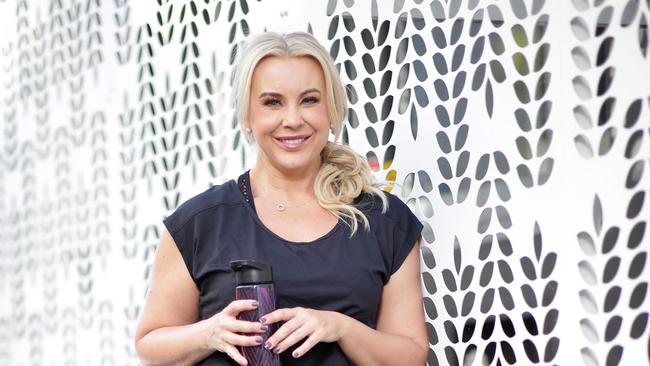
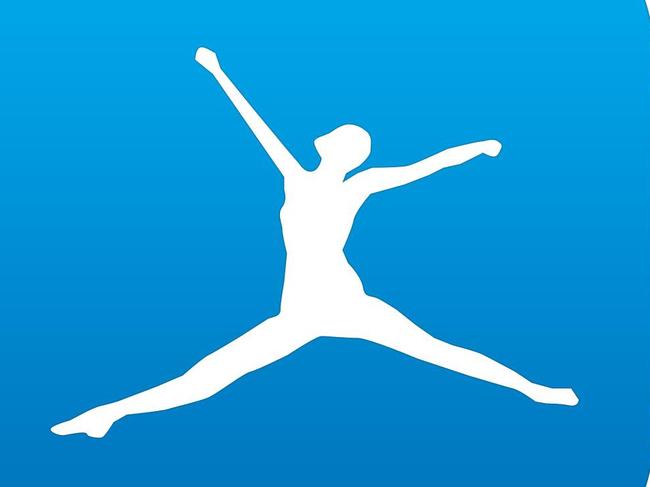
MyFitnessPal
One the best-known calorie-monitoring apps, the best thing about MyFitnessPal is that it is relatively easy to use and features detailed diet analysis for free, although there is a premium version available that allows more detailed diet analysis and options for customisation.
Cost: Free or $9.99 per month ($49.99 annually) for the premium version.
Pros: Literally everything you need can be found for free in this app. You have a database of most foods and you can add in foods if they are not featured. It’s exceptionally easy to use and provides macronutrient data in the basic version.
Cons: The dietary data is detailed and you will need some nutrition knowledge to understand it in its entirety. Difficult to get feedback and tech support.
Best for: Individuals who are tech savvy and have a relatively good understanding of what is required for weight loss from a calorie and macronutrient perspective.
Expected weight loss: ½-1kg a week.

WW Weight Watchers
Reimagined
One of the most recognised weight-loss brands internationally, WW has invested heavily in its online offering. This holistic app offers support in all areas of weight control, including mindset, exercise and food. While it can be a little tricky to use at first, there is plenty of help and online support at the touch of a button.
Cost: $7- $10 a week, with discounts available
Pros: Not only focuses on food but exercise and mindset. Large number of up-to-date features, including personalised recipes and 24-hour support. More of a personal weight-loss coach than a diet app.
Cons: So many options mean that for the non tech-savvy, the offering can be a little overwhelming.
Best for: Those who are looking for a holistic approach to weight loss, who will use an app with many features and who are committed to weight loss long term.
Expected weight loss: ½-2kg a week.
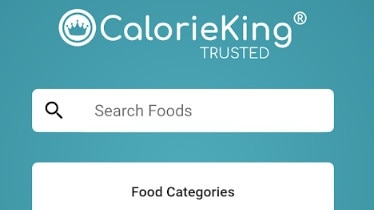
CalorieKing app
One of the original calorie-monitoring programs, Control My Weight is a very simple, free calorie-monitoring program that has an extensive food database.
Cost: Free
Pros: easy to use, features all Aussie foods.
Cons: You need to understand calories and macronutrients to make sense of the information. No tech support or feedback.
Best for: Those only interested in calorie monitoring.
Expected weight loss: ½ -1kg a week.

28 by Sam Wood
Extremely popular and built specifically for the Aussie market, 28 by Sam Wood combines his signature 28-minute workouts with meal plans, recipes and online support from other recognised experts. It stands out in the market for its joint diet and exercise offering, and its personalised mode of delivery.
Cost: $49-$59 per month
Pros: Combines diet and exercise, 24-hour support, a wide range of recipes and meal plans, and is one of the only programs that features a name and face of the program.
Cons: The cost does add up over time. Some may find the volume of information a little overwhelming
Best for: Those who need direction and support to maintain an exercise program, and who
will use all aspects of the app.
Expected weight loss: ½-2kg
a week.
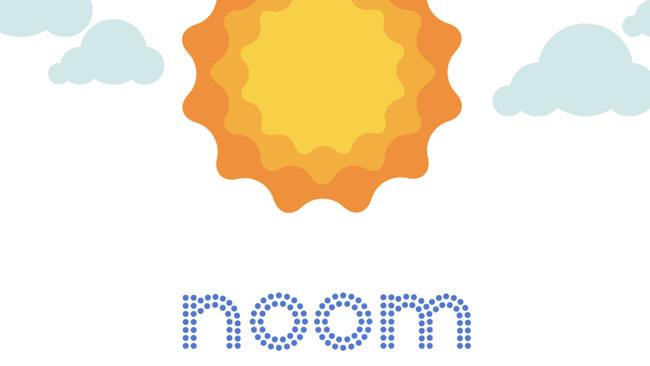
Noom
Noom has been marketed heavily in Australia over the past 12 months and, despite the hundreds of testimonials, the app has so failed to impress the local market. It’s not overly sensitive to Australian foods and language, and while the app promotes behavioural change and support, in reality the process is clunky and fails to develop momentum with the user. Users can pay what they feel is appropriate but, again, this lack of specifics mean it’s easy to use briefly and then lose interest.
Cost: Optional at first, then $59 monthly or $199 annually
Pros: Attempts to incorporate the principles of behavioural change into the weight-loss equation
Cons: Diet information and programming not specific for the Australian market. The coaching model lacks structure and it can take some time to get a reply from online “coaches”. Tech support is non-existent.
Best for: Those who have not had success with more structured apps and want to try a different approach.
Expected weight loss: ½-2kg a month.
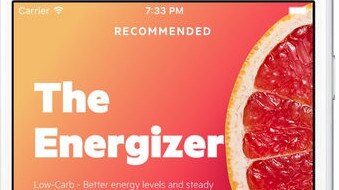
Lifesum
Very similar to MyFitnessPal, Lifesum offers basic calorie monitoring for free and more detailed meal plans on subscription.
Cost: $15 per month or $70 a year.
Pros: Offers a range of programs, depending on your goal, including muscle gain, weight loss and fasting. Easy to move through app options. Relatively inexpensive for detailed diet plans and recipes to match.
Cons: Only the most basic functions are free; most detailed plans require a subscription. Food lists and serving sizes not tailored for the Australian market.
Best for: Those who have a good understanding of different diets and who are after a detailed, specific meal plan.
Expected weight loss: ½-2kg a week depending on which diet plan is used.

Total Wellbeing Diet (CSIRO)
One of the few diet programs that is based on thorough research, the Total Wellbeing app was built to complement the highly successful CSIRO Total Wellbeing Diet. Featuring 12 weeks of recipes and meal plans, the app makes meal planning and following the diet exceptionally easy.
Cost: $199 for three months.
Pros: Evidence-based approach to weight loss. Easy, delicious calorie-controlled recipes.
Cons: Relatively expensive, without the features of more up-to-date weight-loss apps.
Best for: Those who want a simple, calorie and carb-controlled diet to follow.
Expected weight loss: ½-1kg
a week.
Susie’s top picks
MyFitnessPal: The basic, free version offers everything you need in an app to log your food and get detailed feedback.
28 by Sam Wood: Easily the best personalised diet and exercise app for those wanting the added benefit of support at a reasonable price point.
WW Weight Watchers Reimagined: One of the few apps that offers behavioural change support as well as diet and exercise content.



